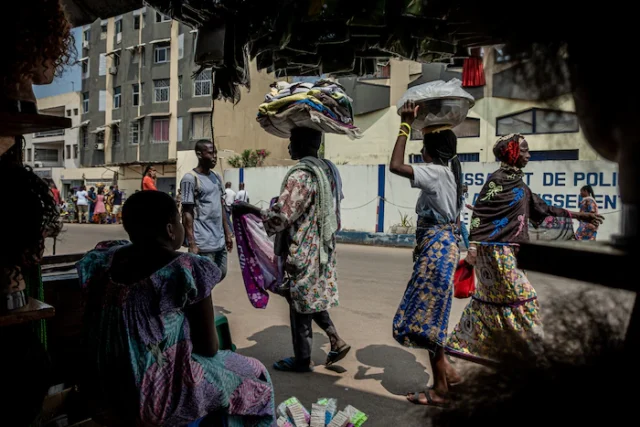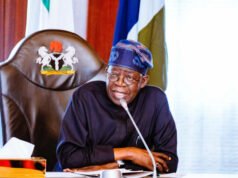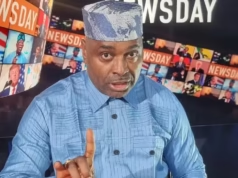Do-it-yourself has become more than just a survival tactic in Nigeria—it is now officially recognized as the beating heart of the economy. In Abuja, Lagos, Port Harcourt, and countless other cities, Nigerians are waking up to a new story about their nation’s growth. Earlier this month, fresh economic figures delivered a surprise jolt: Nigeria’s gross domestic product (GDP) has expanded by more than 30 percent on paper. This leap wasn’t powered by a sudden oil discovery or an industrial boom, but by something more familiar to everyday life—a long-overdue acknowledgement that resilience, ingenuity, and self-reliance in the informal sector have always fueled the country’s progress.
For years, people said Nigeria’s numbers didn’t reflect reality. How could they, when millions of women selling pepper in local markets, young men fixing mobile phones on street corners, or farmers trading produce in rural communities were never properly counted? Now, a revision of the data shows what ordinary Nigerians have long experienced: our economy is far bigger, more diverse, and more creative than official reports once suggested.
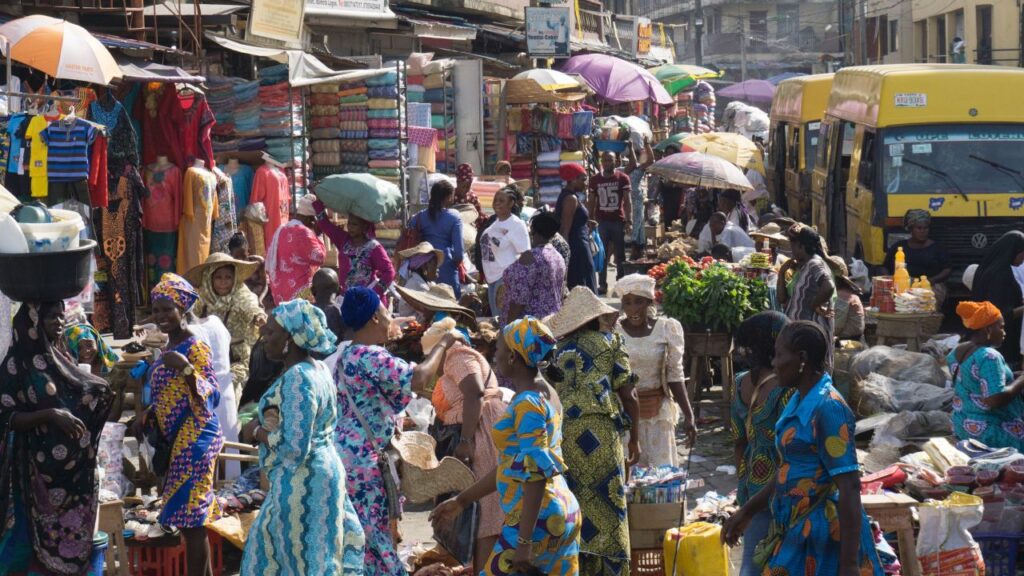
Table of Contents
The Hidden Engine of Informal Hustle (Do-It-Yourself)
Walk through Balogun Market in Lagos or Wuse in Abuja and you’ll see it: the beating heart of Nigeria’s economy is not in skyscraper boardrooms but in the hustle of everyday people. Tailors stitching fabric in small kiosks, mechanics repairing second-hand cars, and food vendors dishing out steaming plates of jollof rice contribute far more value than government ledgers used to admit.
This latest GDP revision is a recognition of that hidden engine. Economists, statisticians, and policymakers updated their methodology to capture informal work with greater accuracy. That means unregistered businesses, small-holder farmers, and roadside enterprises are no longer invisible. For once, the official narrative has caught up with the Nigerian reality.
It’s also a reminder of the country’s remarkable adaptability. In a place where formal employment opportunities remain scarce, Nigerians have built their own paths. Young graduates run freelance digital gigs, hair stylists set up home salons, and artisans invent low-cost tools to keep households and neighbourhoods running. These ventures may not fit neatly into the spreadsheets of the finance ministry, but they sustain millions of families.
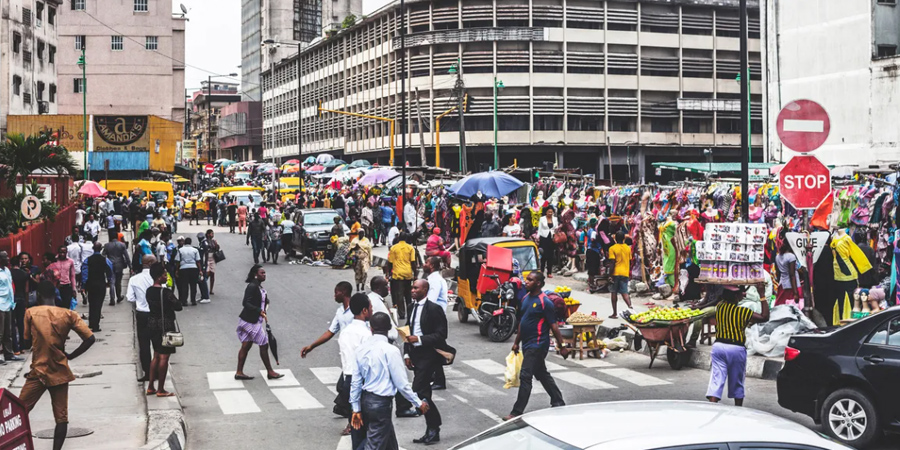
Why the Numbers Changed—and Why It Matters
Nigeria’s GDP did not grow overnight in real terms—it grew on paper because of better counting. New statistical models included sectors that had been under-measured or overlooked. Informal agriculture, small-scale manufacturing, and household businesses now feature more prominently. This revision paints a truer picture of our economy, one that reflects both its vibrancy and its struggles.
The timing matters too. Two years ago, Nigeria lost its long-held title as Africa’s largest economy when the government allowed the naira to float, making the currency weaker against the dollar. That policy shift shrank our economy in international rankings. Today’s new GDP figures push Nigeria back into the spotlight, showing that, despite exchange-rate woes and inflation, our productive power remains robust when measured more inclusively.
For policymakers, this revelation should change how they design interventions. You can’t improve what you refuse to measure. Recognising the scale of the informal economy means planning infrastructure, training, and credit facilities that support real people—those whose work is usually off the books but whose impact is undeniable.
For investors, a larger GDP signals a more attractive market. With over 200 million people, rising youth entrepreneurship, and expanding consumer demand, Nigeria remains a magnet for capital, provided that reforms continue.
And for citizens, the new numbers carry symbolic weight. They confirm that the creative hustle of ordinary Nigerians—once dismissed as “small-time” or “survivalist”—is actually the backbone of the nation’s prosperity.
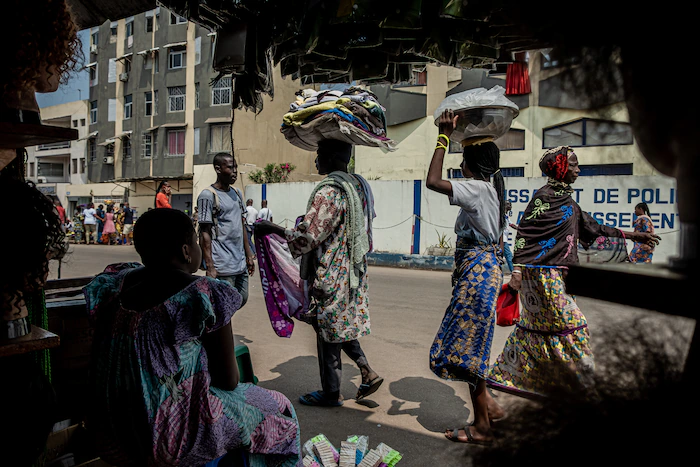
Looking Ahead: Building on Nigeria’s Do-It-Yourself Spirit
The big question is: what next? A recalibrated GDP does not automatically improve living standards. Nigerians still face rising food prices, fuel shortages, unemployment, and insecurity. The danger is that bigger numbers on paper could become an excuse for complacency. Growth without inclusion risks leaving the very people who power the informal economy behind.
But there is also an opportunity. By recognising the DIY economy, Nigeria can finally design systems that meet people where they are. This means microloans for market women, digital platforms for artisans, and reliable infrastructure for small farmers. It also means tax and regulatory reforms that encourage informal businesses to transition into formal structures without fear of over-regulation.
Most importantly, it demands a cultural shift in how we value work. The mechanic in Enugu, the yam seller in Jos, the shoemaker in Kano, and the app developer in Lagos all play equal roles in building a resilient economy. Policies must move beyond oil dependence and corporate giants, embracing the creativity of ordinary Nigerians.
The new GDP numbers tell a story of recognition: that Nigeria’s economy is not just about what happens in ministries or multinational firms, but about what happens in every home, workshop, and market stall. By putting a spotlight on our do-it-yourself spirit, the country has a chance to turn informal resilience into formal strength—making the economy not just bigger, but fairer and more sustainable.
Join Our Social Media Channels:
WhatsApp: NaijaEyes
Facebook: NaijaEyes
Twitter: NaijaEyes
Instagram: NaijaEyes
TikTok: NaijaEyes


